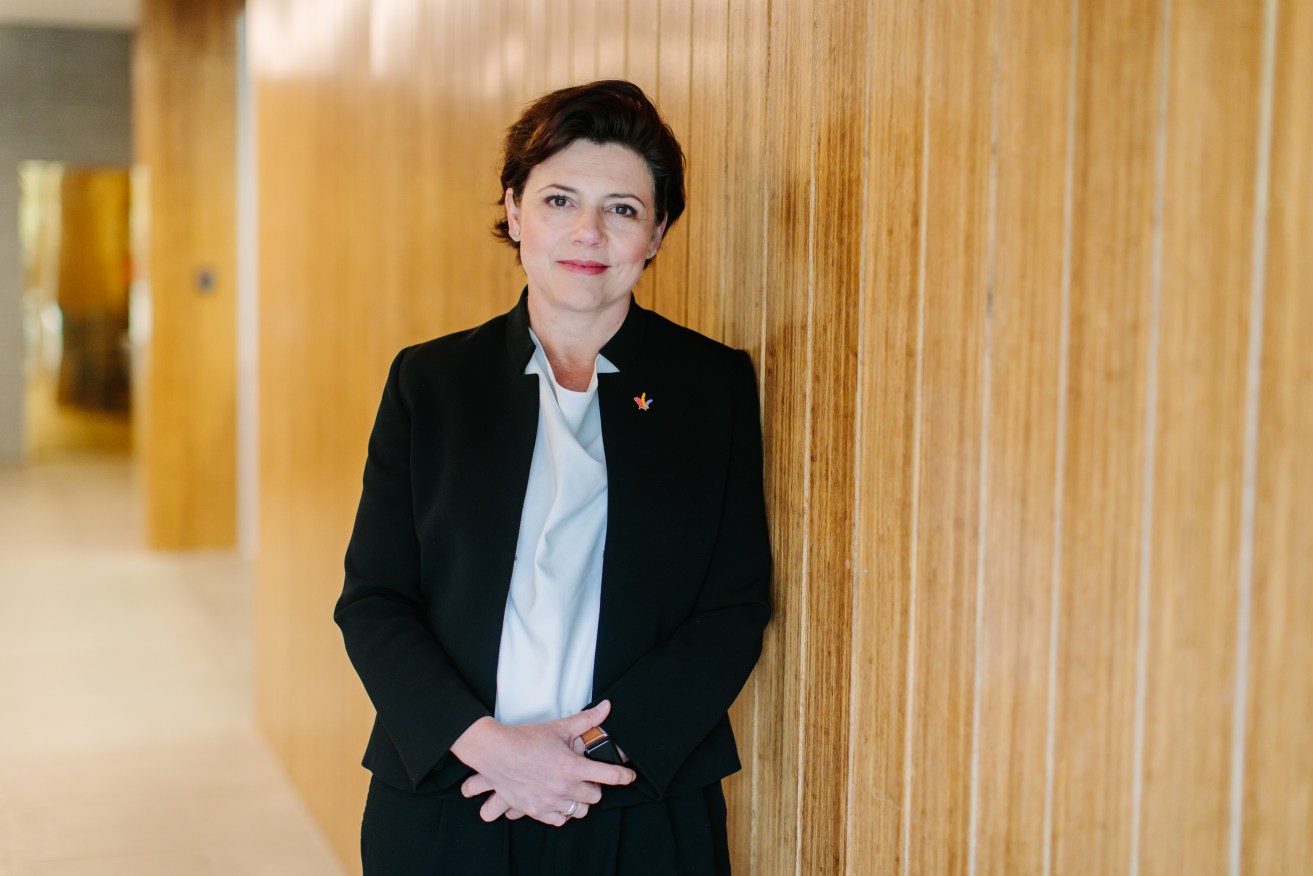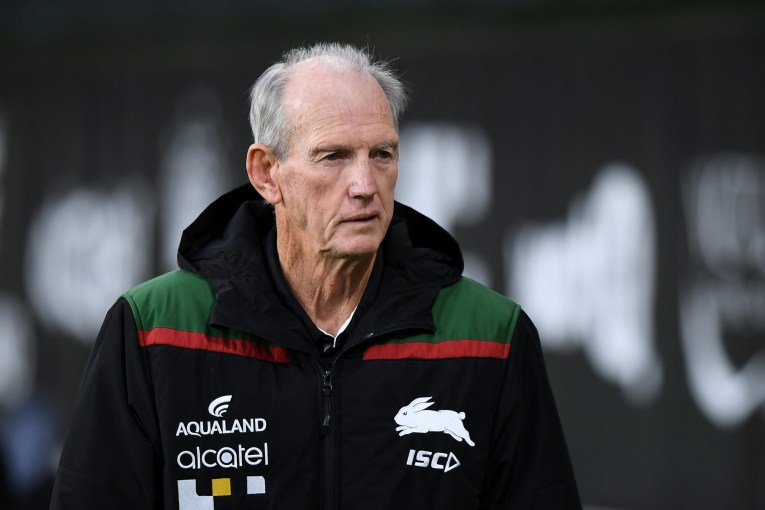Cost of living ousts Covid at top of Aussies’ list of worries
Cost of living pressures have overtaken the Covid-19 pandemic as the greatest source of worry for Australians, according to a survey released on World Mental Health Day.

Beyond Blue CEO Georgie Harman. (Image supplied)
Mental health charity Beyond Blue surveyed 1500 people and found inflation, rising interest rates and cost of living pressures, along with the war in Ukraine and concerns about the future, were causing the greatest concern among respondents.
Compared to the same time last year, fewer people were seeking advice about the impact of the pandemic and more were discussing family and relationship stress and anxiety.
Beyond Blue chief executive Georgie Harman said people were still adjusting to the ramifications of recent years despite the shift in pandemic-related concerns.
“Survey respondents say a lack of social connection, isolation, negative self-worth are lingering feelings, and that things aren’t quite back to normal just yet,” Harman said.
Almost half of those surveyed said they felt lost when it came to their mental health and wellbeing, while a similar share said they felt their problems didn’t warrant seeking support.
While the pandemic has highlighted gaps in mental health services across the country, Harman encouraged the use of supplementary support services such as Beyond Blue’s online forums for those waiting for help.
“Seeking support at the first sign you’re not feeling quite yourself can make it easier to bounce back and maintain good mental health,” she said.
An Ipsos poll found almost six in 10 Australians feel stressed to the point where it impacts their daily life.
Meanwhile, WorkSafe Victoria found more than 15 per cent of claims for the past year were for mental injury, up from 13.1 per cent in the previous year.
WorkSafe’s Narelle Beer said while three quarters of workers with a physical injury are back on the job in six months, just 40 per cent of workers with mental injury return to work within that time.
“We’re putting employers on notice that they have a legal obligation to make sure their workplaces are psychologically safe,” Ms Beer said.
Launching an annual mental health report in Canberra today, Mental Health Australia Chief Executive Dr Leanne Beagley said data showed causes for both optimism and concern.
The report found more than half of Australians reported needing mental health support during the past three months and three quarters of those were able to attain it, most commonly from family and friends or health practitioners.
“People are very willing to help others around them, but many still feel like they should solve their problems on their own perhaps because it’s hard to reach out and ask for help or let people know when you are struggling,” Beagley said.
The organisation’s chair Matt Berriman said the annual Report to the Nation aimed to track the mental health and wellbeing of the nation over time to improve Australia’s mental health system.
“It’s not just about solutions we need right now but also meaningful structural reform that ensures a better future,” Berriman said.
“Solutions that will only result from working together – governments, community, and industry – to drive change.”
In Melbourne, Victoria University and Lifeline announced an agreement to establish a crisis support centre on VU’s Western Melbourne campus.
The centre will also provide crisis support training opportunities for VU students studying youth work, psychology, counselling, community services and social work.
beyondblue 1300 22 4636
Lifeline 13 11 14












